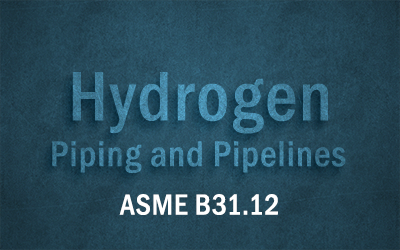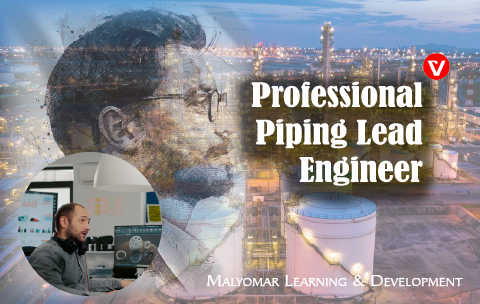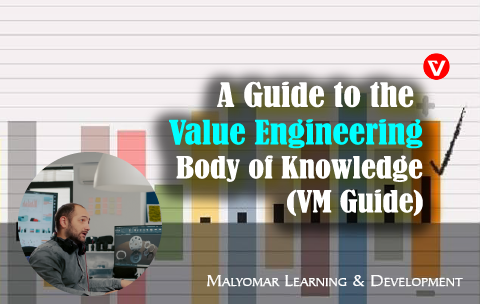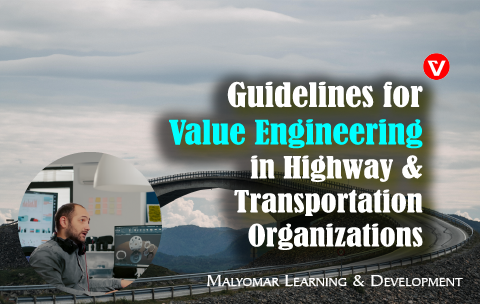Sorry, we can not find any courses for this search.
You may want to check Our Hot Courses:
B31.3 Process Piping
What you'll learn
Identify the responsibilities of personnel involved in the design, fabrication, assembly, erection, examination, inspection, and testing of process piping
Describe the scope and technical requirements of the ASME B31.3 Code
Apply and implement the quality requirements that are defined in the ASME B31.3 Code
ASME B31.12 Hydrogen Piping and Pipelines
What you'll learn
Hydrogen Technologies and Market Players
Global Policies
Describe the scope of B31.12
Explain the design requirements of B31.12
Identify materials requirements
Explain B31.12 requirements for fabrication, assembly, and erection
Explain the B31.12 requirements for inspection, examination, and testing
Function Analysis Guide
What you'll learn
Provide strong background on Value Engineering in highway and transportation.
Support in establishment of Organization VE program.
Train VE team on program management.
Writing Technical Proposal to attract and win clients
What you'll learn
Understanding the core of your business
Enhancing proposal writing process
Client management
Intermediate
FAST Creativity and innovation, Rapidly Improving Processes, Product Development and Solving Complex Problems
3,500 EGP
FAST Creativity and innovation, Rapidly Improving Processes, Product Development and Solving Complex Problems
What you'll learn
Rapidly improving process, product development and solving complex problems
Professional Piping Lead Engineer
What you'll learn
Overview on project management
Setting and achieve success criteria
Piping Lead engineer management approaches
Path forward of Lead Engineer
A Guide to the Value Methodology Body of Knowledge (VM Guide)
What you'll learn
Provide strong background on Value Engineering in highway and transportation.
Support in establishment of Organization VE program.
Train VE team on program management.
Guidelines for Value Engineering in Highway and Transportation Organizations
What you'll learn
Provide strong background on Value Engineering in highway and transportation.
Support in establishment of Organization VE program.
Train VE team on program management.
Wind Energy, from academic and Industrial perspectives
What you'll learn
Shed a light on renewable energy.
Increase trainee awareness for wind energy.
Provide Engineering background on wind turbine design from mechanical and civil perspectives.
Stepping into Piping Engineering – Components
What you'll learn
What is Piping Engineering.
Piping Engineers Roles and Responsibilities.
Detailed study of Piping Network Components.












